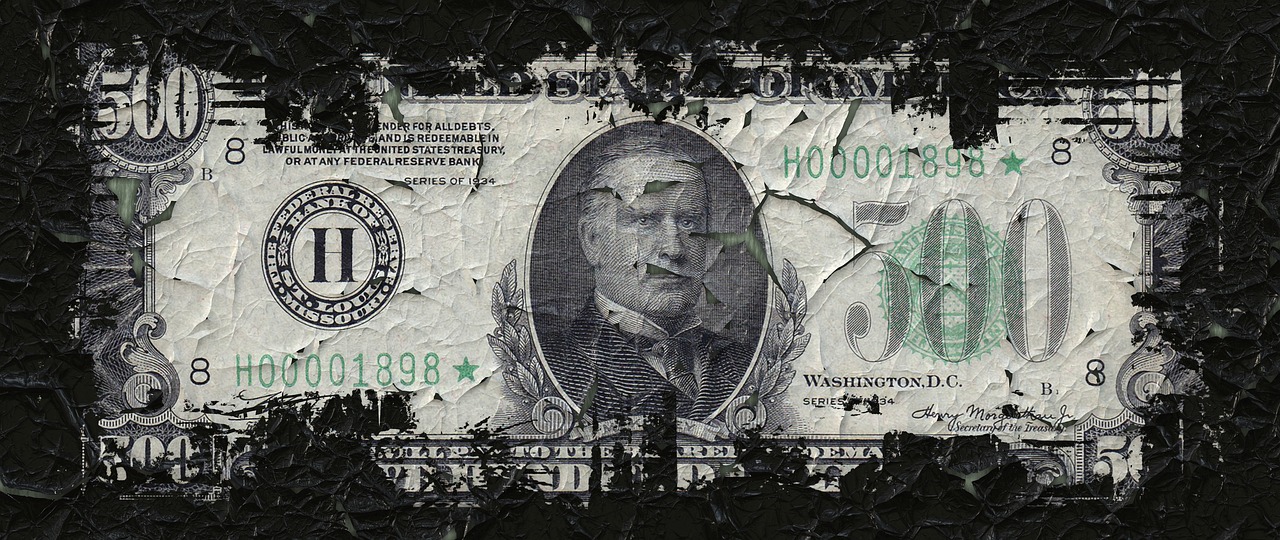You rightfully may wonder why does a shrink concern himself with social-political issues. Culture, society, and its trappings are interdependent. We live within the matrix, and just as the characteristics of water effect the health of fish, so the social-political matrix effects human physical and mental health.
At the onset of this essay, I declare I am a fan of capitalism and believe that capitalism and individual liberty are interdependent. But as numerous commentators have observed, American capitalism has been transformed to a corporate-government alliance, dominated by special interests. The ultimate transformation of American society to fascism is rapidly approaching due to the convergence of centralization and technology. Although late in the process, I believe an informed citizenry, changes in governmental laws and regulation can impede the movement toward a manikin society.
Knowledge, Mastery, and Power
Life always has been to some extent unpredictable and oftentimes precarious. Knowledge, mastery, and power are antidotes to uncertainly. This troika underlies the secular solution to problems of life and reality. We think knowledge is a condition of mastery, and mastery a condition for power, and we act, politically and socially in accord with these beliefs, conferring on actors, pundits, politicians, professors, CEOs, and MDs special status. Actors and politicians need to appear to know. Their product is to entice and entrain. Liberal arts and social science professors teach, but do not produce goods or services. Their ideas are selectively implemented by NGOs and government. CEOs and doctors produce real goods and material effects, but with mixed results, sometimes for good, sometimes for ill. The sense of self among persons who are members of these elevated categories is easily inflated to a greater or lesser extent. Of course, most members are deluded. Very few individuals manage to escape narcissistic inflation, and so the US and other nations are led and governed.
The greatest value of capitalism is that it tests the links among knowledge, mastery, and power by the standard of production. The Federal government possesses no such check since it cannot go bankrupt; therefore, the greatest waste and nonsense can continue indefinitely. In a similar vein, NGOs trade on trust and rarely pay the price for bad actions or advice.
The Efficiency Mantra and Economies of Scale
Capitalism promotes efficiency through competition. The concept of efficiency presumes some standard metric for efficiency, usually expressed numerically. “How many widgets? How quickly are these produced? What is their tensile strength?” And so on. All things being equal, less efficient operations operate at a competitive disadvantage, and in an unbiased environment eventually cease operations.
Efficiency invites economies of scale, but larger scale is not necessarily efficient in the sense that quality may diminish and externalized costs mount. The longer the supply chain, the further from source to finished product, the longer the time from completion to consumption, the more likely diminished quality and waste. A single metric, such as number of widgets produced provides only a partial measure of efficiency. Producers may embrace “planed obsolesce” or fail to expense externalities, such as pollution, health costs, or worker well-being. Obviously, the choice of metric is all important to judgments of efficiency.
What is the measure of efficiency in corporate America and wall street? The answer is profit and the metric is money. This has far-reaching implications for the consumer in an age of specialization, professionalization, spin, and skewed access to significant information.
Concentration of Capital
The mantra that bigger is better gives an edge to the big. Big is good for corporations because it means better capitalization, more leverage with suppliers, and broader markets. Entities with massive capitalization such as retirement and insurance funds need big to absorb capital. Big likes big because big can meet big on a level playing field. Big data favors the big to accommodate all and everything. Big and big talk the same language. Big entities and big ideologies are joined at the hip.
But big and little are out of synch. Big is big picture, and little is local. Big sums across individuality, the strengths as well as the limitations of little. Big is grand, and little is messy. The little is life as lived by real people in the real world, but the real world does not accord with generalized formula that fail to resonate with the unique features and complex relations that characterize that world. The little is where the rubber hits the road. As a rule, the more sweeping the ideology, the more alienated from individuality and daily reality.
Throughout the world and the US, Big has become dominant. Big and its minions run the world. The triumph of the Big is particularly evident in control by a few large corporations of communication, media, network information, technology, defense, and agriculture. Big data gives big enhanced power to manipulate public opinion, taste, human relations, and government law and regulations. As big data is integrated with advances in technology, the reach of big becomes broader and deeper.
Big has been good for big. The big have become bigger, and by comparison, everyone else less consequential. The rising tide of addictions, anxiety disorders, depression, disrupted marriages, dementias, developmental disorders, and chronic physical disease is hardly offset by 60-inch flat screens no matter how engrossing the imagery. Big has made a mess of the world –but not to worry, the major costs have been externalized to the environment, to peoples unfortunate enough to live outside modern orthodoxy, and to future generations.
